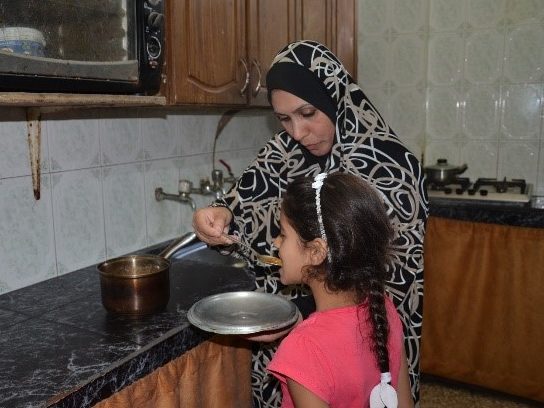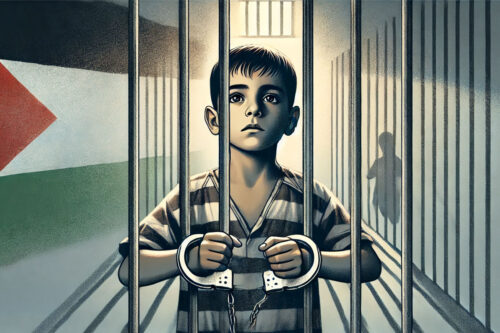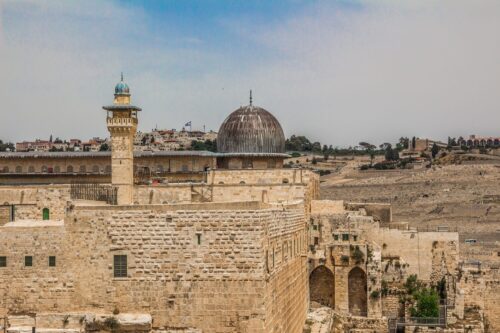How mothers are coping with food insecurity in Gaza

Food insecurity affects approximately 1.3 million people in Palestine; in Gaza, it is driven by high rates of poverty resulting from more than a decade of siege.
Though food is readily available, food prices are unaffordable for many Palestinian families, who frequently have to reduce the variety and nutritional value found in their diet. Most Palestinians in Gaza and the West Bank spend over half of their income on food.
Families in Gaza must also cope with up to 18 hours a day without electricity, which can make the winter months unbearable, with families unable to regularly cook, warm nutritious meals.
Many parents go without food in order to ensure their children are well-fed, and despite everything, can often whip up meals out of next to nothing. We recently spoke to Palestinian mothers to learn about how they cope.
Leena

“We totally depend on what relatives provide us, or irregular aid from time to time,” she tells us. “Sometimes I feel so helpless when I am unable provide food for my children.”
Fasoulia, or bean stew, is a traditional Palestinian dish that is a frequent go-to for many families. It is cheap, nutritious and easy to make. Leena prepares this for her children, and it is one of their favourite dishes.
“This is so easy to prepare,” Leena tells us, “I usually make this without meat, because it’s expensive to buy. What I do is soak the beans the night before cooking, then the next day I’ll boil them in a few inches of water. I then add tomato sauce, chopped onions and salt. Once the beans are almost cooked, I add garlic.”
Sabreen
Sabreen from Gaza has two children, and is currently expecting a third child in a few weeks. The family has no regular income; paying rent is a monthly struggle, and Sabreen can’t afford warm clothes to see her children through the colder months. “The biggest problem I face is the lack furniture in our home, including a good mattress for my children. They sleep on an old worn-out mattress. I just wish they had warm clothes, especially as the cold winter approaches.”
Like Leena, Sabreen buys beans to feed her children.
“We mainly depend on beans all week long, but on fridays, my husband buys chicken or meat. Most of time, my brothers give me a small amount of money to buy food for my two children as my husband really is in bad financial situation”.

“I was so in need of blankets for my children. This assistance was provided just at the right time. Thank you- from the bottom of my heart”.
Last year, your kind donations enabled us to provide fuel, warm clothes, food parcels, financial aid, blankets and heaters to over 5,000 Palestinian families in urgent need.
Crucially, the food parcels provided last up to one month each, helping to provide families with a nutritious variety of food.
You can help
You can help us do more for Palestinian families this winter, and bring relief to struggling mothers. To donate, please call 020 8961 9993 or visit www.interpal.org.
#PalestineFacts
Calculate your Zakat
Confused about how to calculate your Zakat? Try our simple-to-use calculator

![A Shadow R1 spy aircraft operated by the UK's Royal Air Force, accused of supporting the genocide in Gaza [Jerry Gunner / Wikimedia]](http://www.interpal.org/wp-content/uploads/2025/04/1768px-Shadow_R1_5AC_Sqdn_RAF_Waddington_this_morning-e1745166357309-500x333.jpg)

![Fighters from Israel's pre-state militia occupying the village of Deir Yassin, April 1948 [IDF archive / Wikimedia]](http://www.interpal.org/wp-content/uploads/2025/04/Jewish_militias_in_the_village_of_Deir_Yassin_April_1948_cropped_and_edited-e1745166391491-500x333.jpg)
